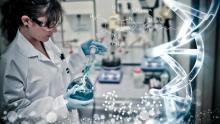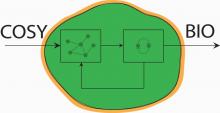
The potential for mRNA goes well beyond the COVID-19 vaccine. With the support of the EU-funded MOSaIC project, one research centre in Poland is conducting cutting-edge research in the field, paving the way for new treatments against diseases such as cancer, Alzheimer’s and genetic conditions.









